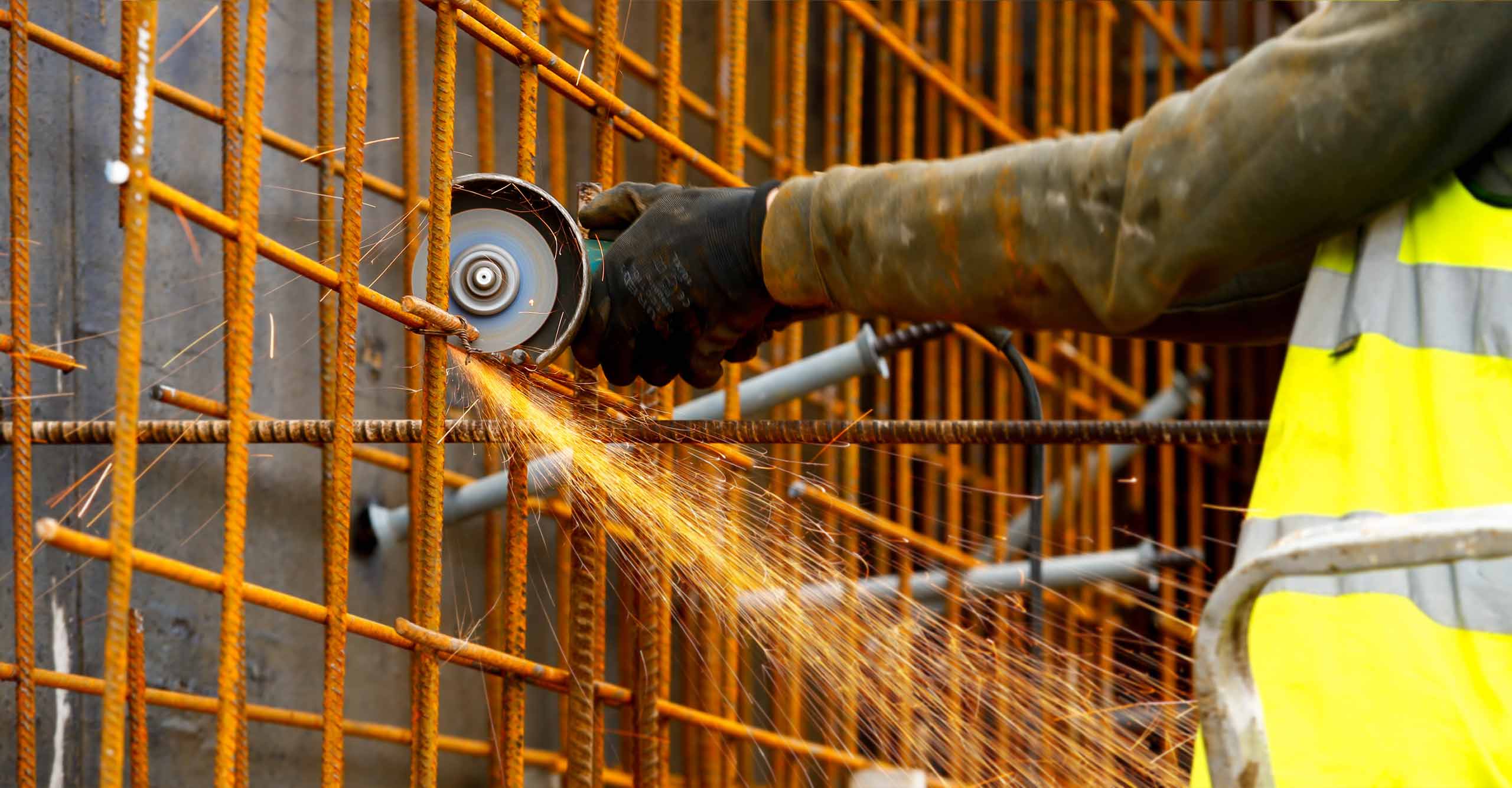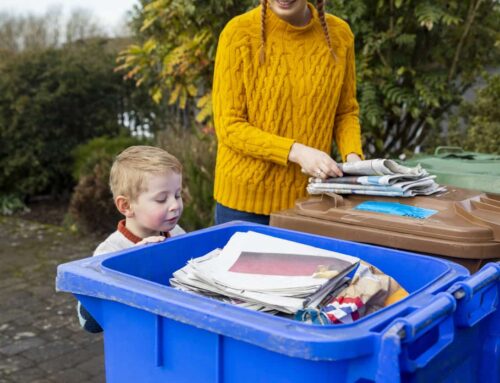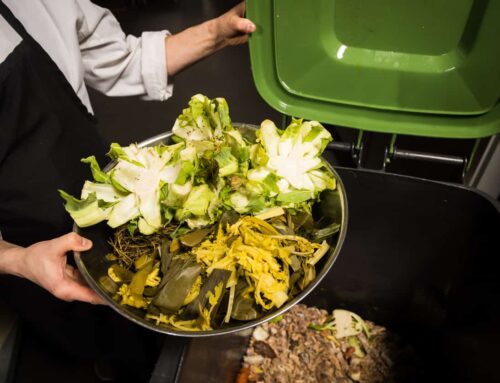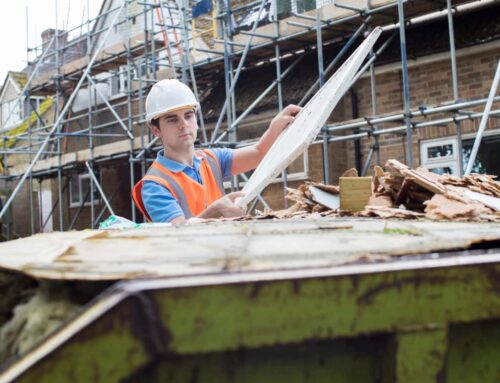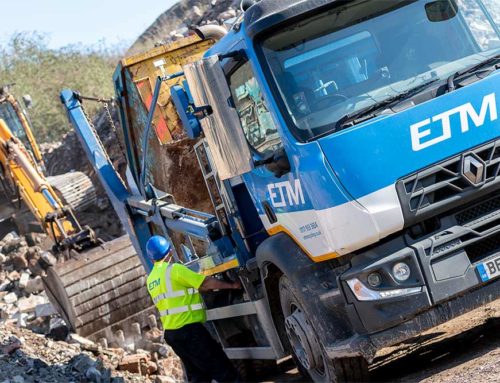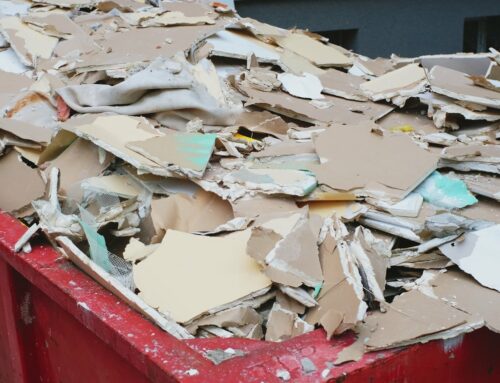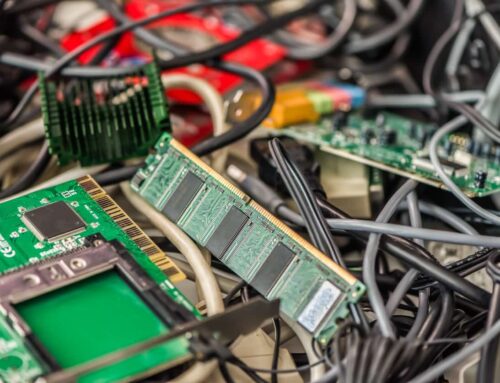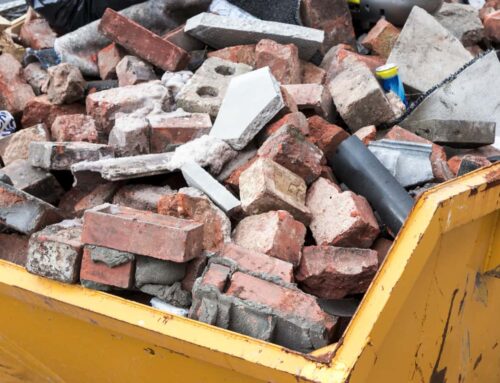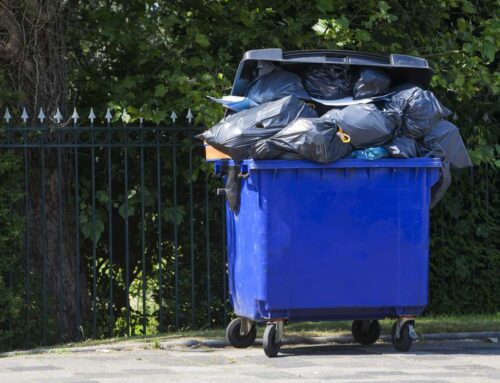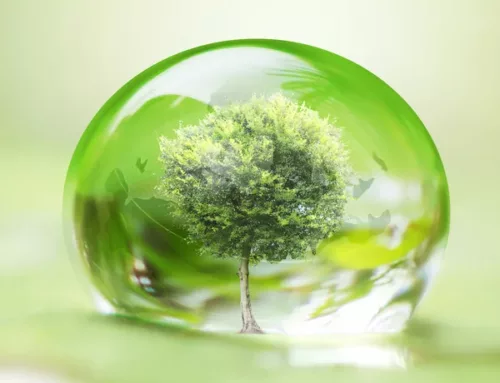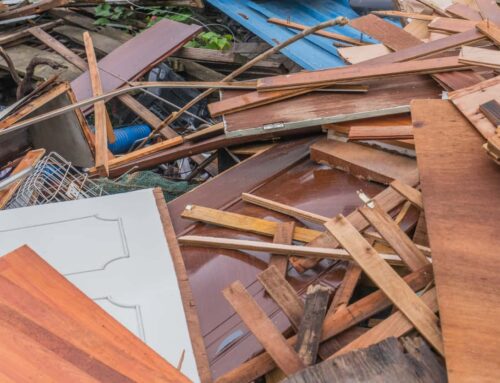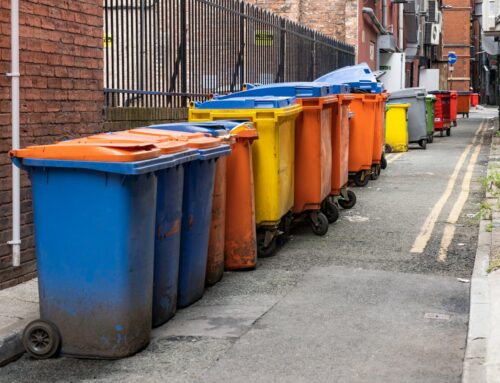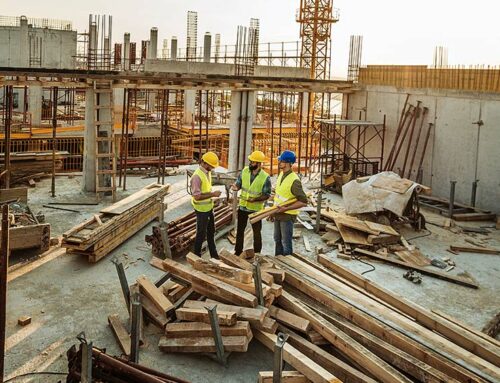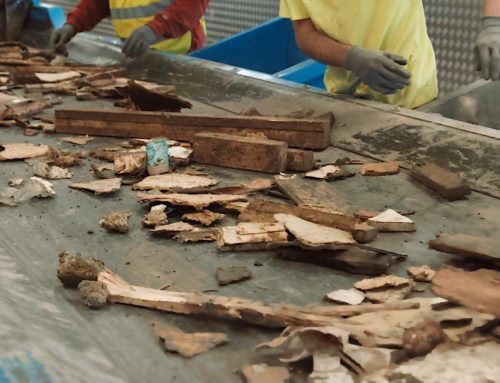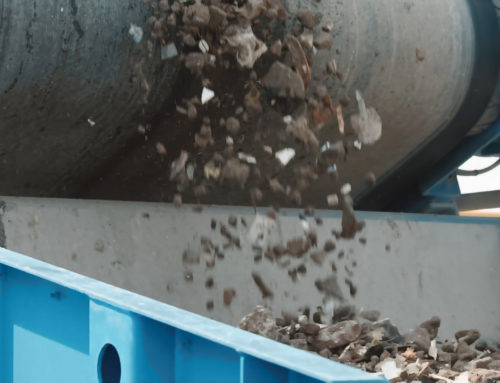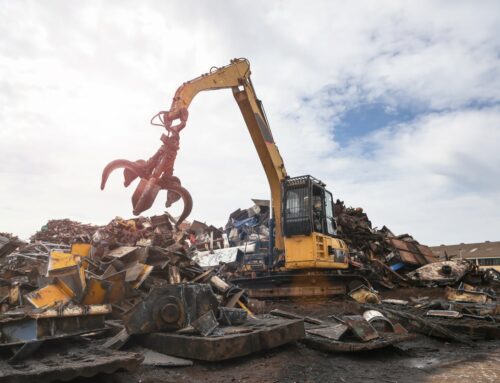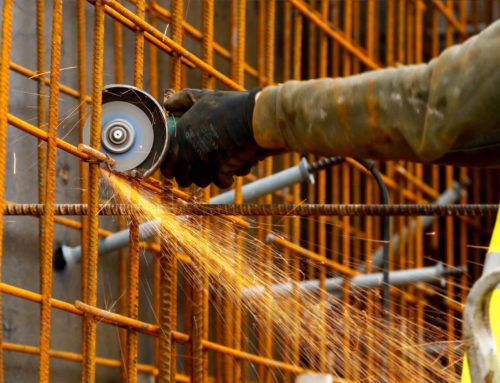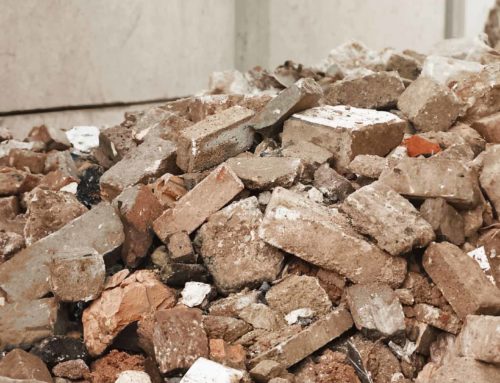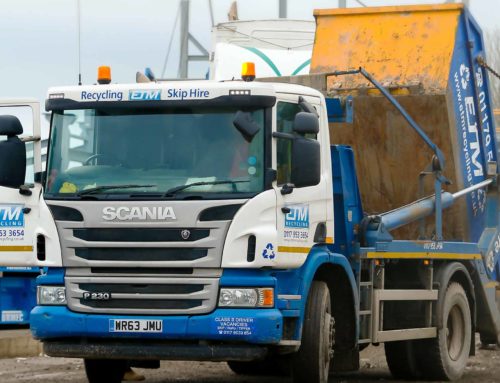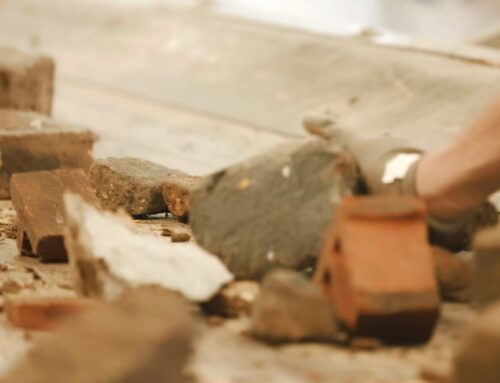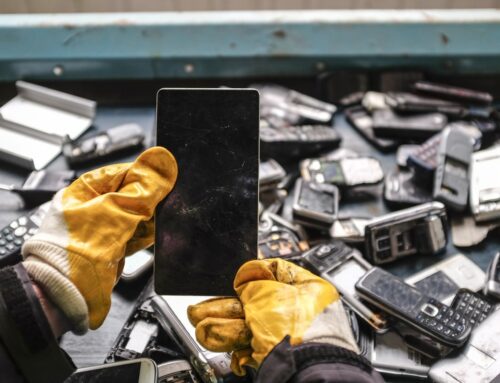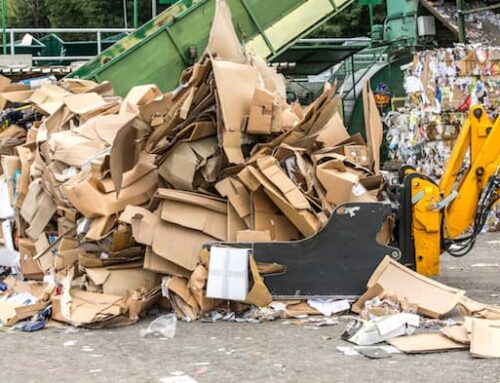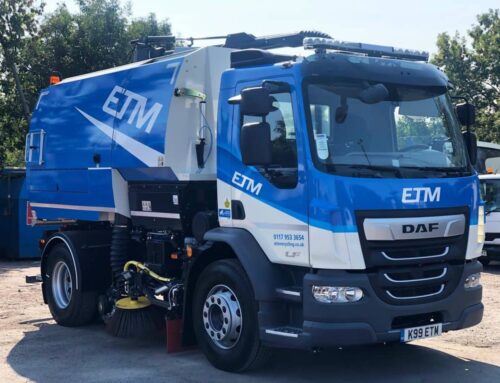Recycling metal products is a great way for companies to reduce their impact on the environment, but the process can seem confusing. Misconceptions about what can be recycled as well as the cost and length the process can lead to reusable materials going to landfill unnecessarily.
Metals are used in many different industries and contain properties that mean they are perfectly suited to a wide range of applications. But, as they are harvested from naturally occurring ores, there is a limited supply on the planet, making it vital the metals we have already extracted are reused.
In this blog, we go through the benefits of recycling metal and which of the different types can be sent for recycling.
Why Recycle Metal?
The process of harvesting metals has a negative impact on the environment. First, the ore must be mined, and the metal separated from its oxide compound. After this, it is ground and smelted – each of these stages consuming high levels of energy.
With the state of the environment a pressing concern for us all, it is imperative we reuse what we have, rather than harvesting more raw materials. Luckily, nearly all metals can be recycled indefinitely and still retain the value and properties of the original product.
Metal recycling is cheaper and more energy-efficient than creating new primary metals. The energy requirements for recycling aluminium, for example, are 5% of that needed to extract and smelt new aluminium from its ore, bauxite.
As metals do not degrade when they are recycled like other materials might, they can continue to be recycled again and again and still retain a high value. If you’re a business looking to reduce your output of waste, targeting metals is a great way to start.
At ETM, we’re experts in dealing with scrap metal and can tailor our service to your individual needs making the whole process as straightforward and cost-effective as possible.
Scrap Metal Recycling with ETM >
Different Types of Recyclable Metals
Scrap metal can be harvested from a range of different sources, including end-of-life cars, household appliances, wiring, doorknobs, catalytic converters and more. Basically, as long as the waste in question is a minimum of 50% metal, it can be at least partly recycled. When recycling metals, the waste is sorted into two main groups: ferrous and non-ferrous.
Ferrous Metals
Ferrous metals usually contain iron and are magnetic making them useful in the car industry. As well as this, they are extremely strong and often used for construction. Due to high levels of carbon, however, they can be vulnerable to corrosion when exposed to moisture. Ferrous metals are found in shipping containers, industrial piping, domestic tools and hardware like nails, household appliances, vehicles and railway tracks. Examples of these types of metals include:
- Cast iron
- Wrought Iron
- Mild steel
- Carbon steel
As is happens, steel is reportedly the most recycled material in the world!
Non-Ferrous Metals
Non-ferrous metals are the opposite – they do not contain iron and as such are not magnetic or prone to rust. They tend to be more malleable and can be used for a variety of purposes, including wiring, roofing, vehicle batteries, pots and pans, taps and ornaments. Examples include:
- Aluminium
- Copper
- Titanium
- Silver
Alloys
Some metals are mixed to create a new product with the best properties from each element. Stainless steel, for example, a combination of steel, chromium, nickel and magnesium, is a ferrous metal but because it is an alloy, is extremely resistant to corrosion. Alloys can be recycled but need to be carefully separated into their individual elements.
Unrecyclable Metals
Unfortunately, some metals are unsuitable for recycling because they may release toxins into the environment and therefore must be handled differently and disposed of with caution. Metal found in fuel containers, certain cookware, parts of cars and, of course, radioactive metals, are all considered too dangerous to be recycled because they may leach harmful substances into the environment.
How Are Metals Recycled?
Every month, the team at ETM Recycling prevent over 1000 tons of scrap from skips being sent to landfill. We pride ourselves on being a comprehensive service, offering collection and competitive prices for scrap metal. We provide skip hire and roll on, roll off hire, and can tailor the service to your needs, making it as easy as possible for businesses to manage their waste and take steps towards greater sustainability.
Once we have transported the scrap metal back to our state-of-the-art waste transfer station in South Bristol, we split it into categories. Using a combination of magnets and eddy currents, the assortment of metals is processed and sorted into ferrous and non-ferrous. The metals may go through further processes such as shearing, baling and shredding. Ultimately, they will be melted down and made into new products.
Recycle Metal With ETM Recycling
Here at ETM Recycling, we’re recycling specialists and are passionate about reducing the amount of avoidable waste from going to landfill.
Since our conception in 2010, ETM have been focused on diverting as much of Bristol and Bath’s waste towards more sustainable disposal options by providing a service that is client-centric and competitively priced.
Get in touch for a quote and find out more >
See more: Case Studies >
See more: What is the Waste Hierarchy? >
